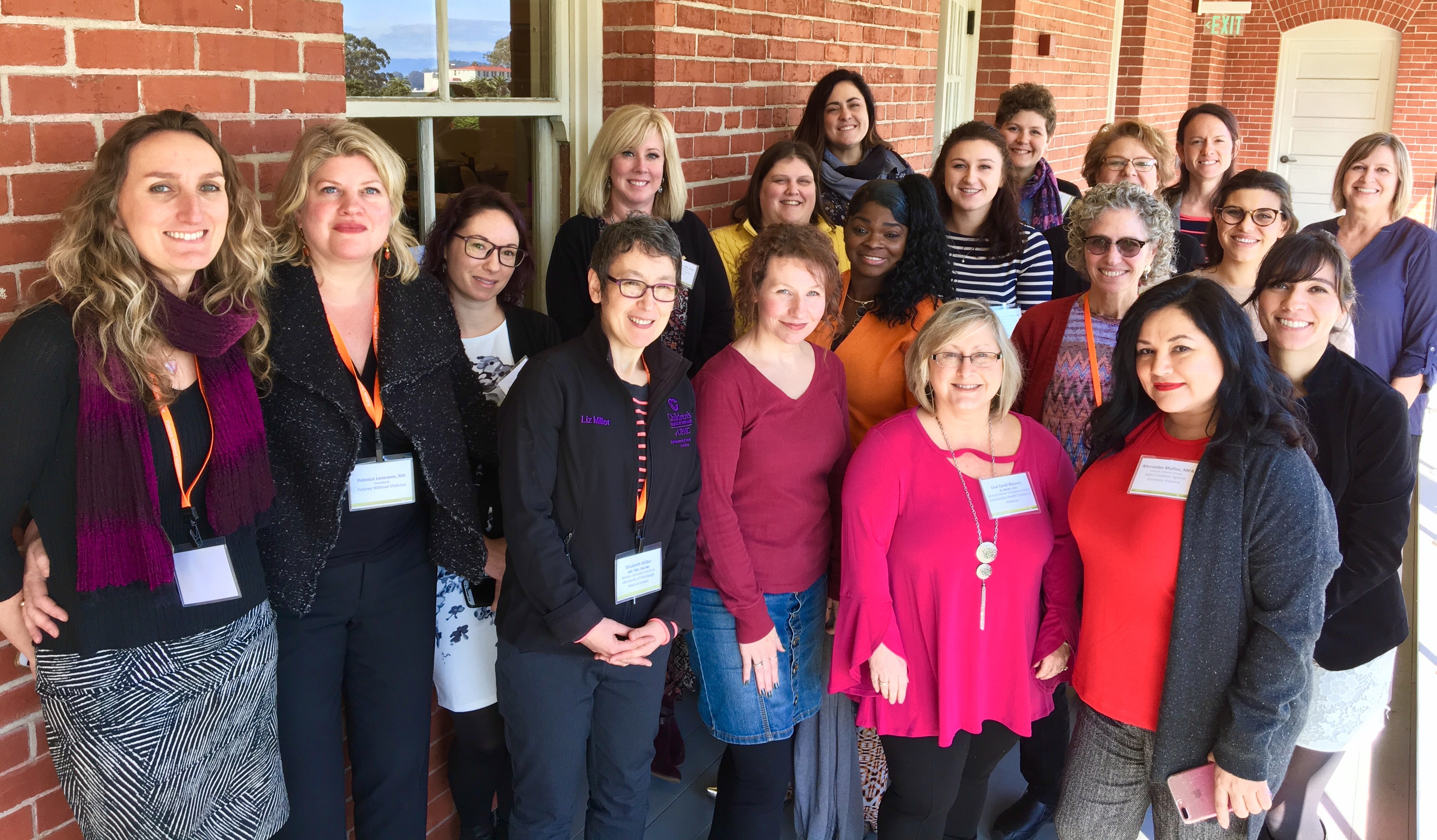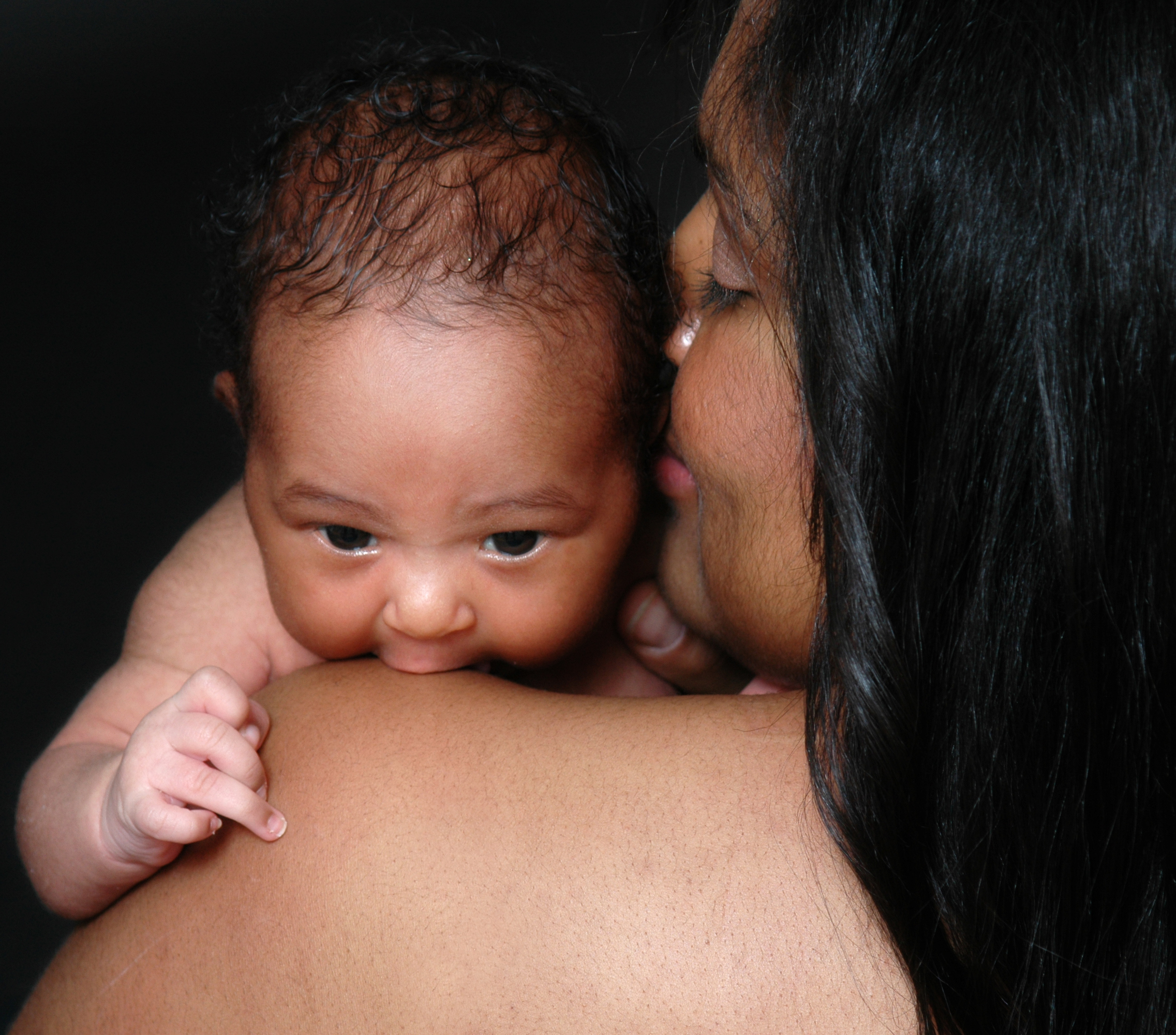Project Catalyst: Statewide Transformation on Health and IPV
MEDIA CONTACT:
Tracy Tierney, Futures Without Violence
ttierney@futureswithoutviolence.org
415.678.5619
Project Catalyst: Statewide Transformation on Health and IPV
Four state leadership teams across the nation receive funding, training, and support to address intimate partner violence and human trafficking across their states
SAN FRANCISCO (January 23, 2018) — Today and tomorrow Futures Without Violence (FUTURES) is convening leaders from four newly funded states to kick off “Project Catalyst: Statewide Transformation on Health and IPV.” This marks the third phase of a project focused on fostering leadership and collaboration at the U.S. state level to improve the health and safety outcomes for survivors of intimate partner violence (IPV) and human trafficking, as well as promote prevention. Four state leadership teams from Arkansas, Connecticut, Idaho, and Iowa—consisting of leaders from each state’s Primary Care Association, Department of Health, and Domestic Violence Coalition—were awarded grants of $75,000 to:
- promote state-level policy and systems changes that support an integrated and improved response to IPV and human trafficking in community health centers and to other needed services in domestic violence programs.
- offer training and technical assistance to five community health centers and five domestic violence advocacy programs (in each state) that will partner with one another on trauma-informed practice transformation.
- implement a vision and strategy to promote policies and practices that support ongoing integration of the IPV and human trafficking response into health care delivery statewide, and significant inroads into implementation of an action plan to train and engage at least 50 percent of the Health Resources and Services Administration (HRSA)-funded health centers by the end of the project period.
“Survivors of intimate partner violence and human trafficking can experience some serious health problems as a result of their abuse, such as chronic physical and mental health issues,” said Lisa James, director of health at FUTURES. “These four leadership teams have the potential to make a tremendous impact on the health – and lives – of survivors in their respective states.”

Project Catalyst has an ambitious 10-month timeline (December 1, 2017-September 30, 2018) and following the kick-off meeting, a two-day training of trainers will be scheduled in each of the four states.
State Leadership Teams include:
- Arkansas Coalition Against Domestic Violence, Arkansas Department of Public Health, Community Health Centers of Arkansas, Inc.
- Connecticut Coalition Against Domestic Violence, Connecticut Department of Public Health, Community Health Center Association of Connecticut
- Idaho Coalition Against Domestic Violence, Idaho Department of Public Health, Idaho Primary Care Association
- Iowa Coalition Against Domestic Violence, Iowa Department of Public Health, Iowa Primary Care Association
Also participating in this project is a state leadership team from Minnesota, consisting of the Minnesota Coalition for Battered Women, Minnesota Department of Public Health, and Community Health Service Inc.
Project Catalyst states will use comprehensive training curricula, health care provider resources, patient education materials, and quality improvement tools developed by FUTURES. This includes ipvhealthpartners.org, an online toolkit developed by and for community health centers and domestic violence agencies looking to forge or expand partnerships.
This project is supported through a collaboration of U.S. Department of Health and Human Services (DHHS) partners, including the Administration for Children and Families’ (ACF) Family and Youth Services Bureau, the HRSA Bureau of Primary Health Care, and the HRSA Office of Women’s Health. Technical assistance and training is provided by FUTURES, along with an evaluation conducted by the University of Pittsburg.
Since 1996, FUTURES has managed the National Health Resource Center on Domestic Violence, supported by the U.S. DHHS’ Administration for Children and Families, Family Violence Prevention and Services Program to provide resources and trainings to health practitioners and advocates across the country in order to promote model health responses to IPV. For more information visit acf.hhs.gov/fvpsa.
About FUTURES
Futures Without Violence is a national health and social justice nonprofit that develops groundbreaking programs, policies, and campaigns to empower individuals and organizations working to end violence against women and children. Striving to reach new audiences and transform social norms, we train professionals such as doctors, nurses, judges, educators and athletic coaches on improving responses to violence and trauma. We also work with advocates, policymakers, and others to build sustainable community leadership and educate people everywhere about the importance of respect and healthy relationships. For more information, visit www.futureswithoutviolence.org.





